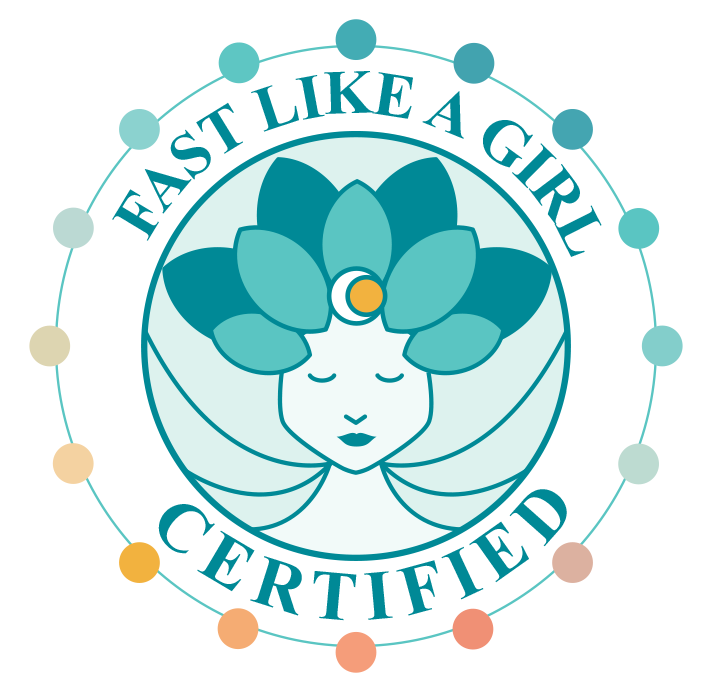What do these have in common?
- constant hunger
- food cravings
- fatigue
- brain fog
- poor sleep
- mental health issues
Plus:
- fertility issues
- skin conditions
- wrinkled skin & accelerated aging
- menopause symptoms
- immune system issues
As well as the hallmark issues of insulin resistance, prediabetes and type 2 diabetes?
It’s unregulated spiking blood sugar levels!
But did you know how powerful a few eating strategies can be in avoiding those blood sugar spikes?
Where should my glucose levels be?
According to the American Diabetes Association, a fasting glucose level of < 100 mg/dL is considered normal.
But normal includes lots of people with illness and low level of function.
Studies show that <85 mg/dL may be optimal for a long healthy life.
Beyond fasting blood sugar levels, avoiding blood sugar spikes is supremely important for not creating these unhealthy conditions.
What happens when blood sugar spikes?
When blood sugar spikes high, the powerhouse of the cell, the mitochondria become overwhelmed and start producing chemicals called free radicals. These harm our cells by mutating the DNA and creating oxidative stress with the final result being inflammation.
This is the mechanism behind sugar creating inflammation in your body which you feel as achy joints, lethargy, and brain fog.
Inflammation in the blood vessels leads to cardiovascular disease. Chronic inflammation also can lead to cancer.
Blood sugar spikes are behind the aging process called glycation. In this process, sugar molecules bind to proteins and fats resulting in AGEs, advanced glycation end products. The AGEs alter the function of these, leading to age-related issues from wrinkles to cataracts to Alzheimer’s.
During a glucose spike, insulin is released to get the sugar into cells, however, there is an excess which gets stored in the liver, muscles, and fat cells. This excess is the culprit behind gaining weight through fat storage. Besides accumulating belly fat, this leads to fatty liver which messes with detoxification and hormones.
How can I avoid this?
I hinted at the key to avoiding blood sugar spikes in the title – it’s how you eat.
Yes, just a few guidelines for eating can make all the difference.
Studies have shown that avoiding blood sugar spikes may be more important than the absolute fasting blood sugar number.
The main principle of eating is to not allow the foods that get broken down into sugar quickly to be eaten alone by themselves. The extreme of this is eating a sugar snack and getting a huge spike, but it also applies to how you approach your meal.
These are a few ways you can moderate your blood sugar:
- Eat foods in this order: salad and veggies, protein and fat, carbs.
- Add a plate of vegetables to all your meals. (yes, even breakfast!)
- Low-carb breakfast (with veggies)
- Only eat fruit fresh (or frozen) and whole, not dried or juiced.
- Clothe your carbs (starches & sugars) with protein, fat, or fiber.
- If you want a snack, make it savory not sweet, such as nuts or avocado.
- If you are craving a sweet snack, have dessert at the end of a full meal instead.
- Add vinegar such as to dress a salad or 1 tablespoon diluted in water before meals.
- Move your body to exercise your muscles for 10 minutes after your meals.
Yes, it makes a difference when you end your meal with carbs instead of starting with them or mixing them in. And when you start your day with only a few carbs, a lower blood sugar maintains throughout the day.
Since fruit and starches can easily spike your blood sugar, be sure you have them in their original forms, with the fiber contained in the plant – the whole fruit or a baked sweet potato. Then dress it up with fat like olive oil or ghee. Bonus if you make a salad dressing with vinegar.
Play with a few of these and add more as you get used to doing it. Your blood sugar levels will even out and you will lose a lot of those troubling symptoms.
It turns out that bringing down and flattening your blood sugar – your glucose levels – is key to a long healthy life.





